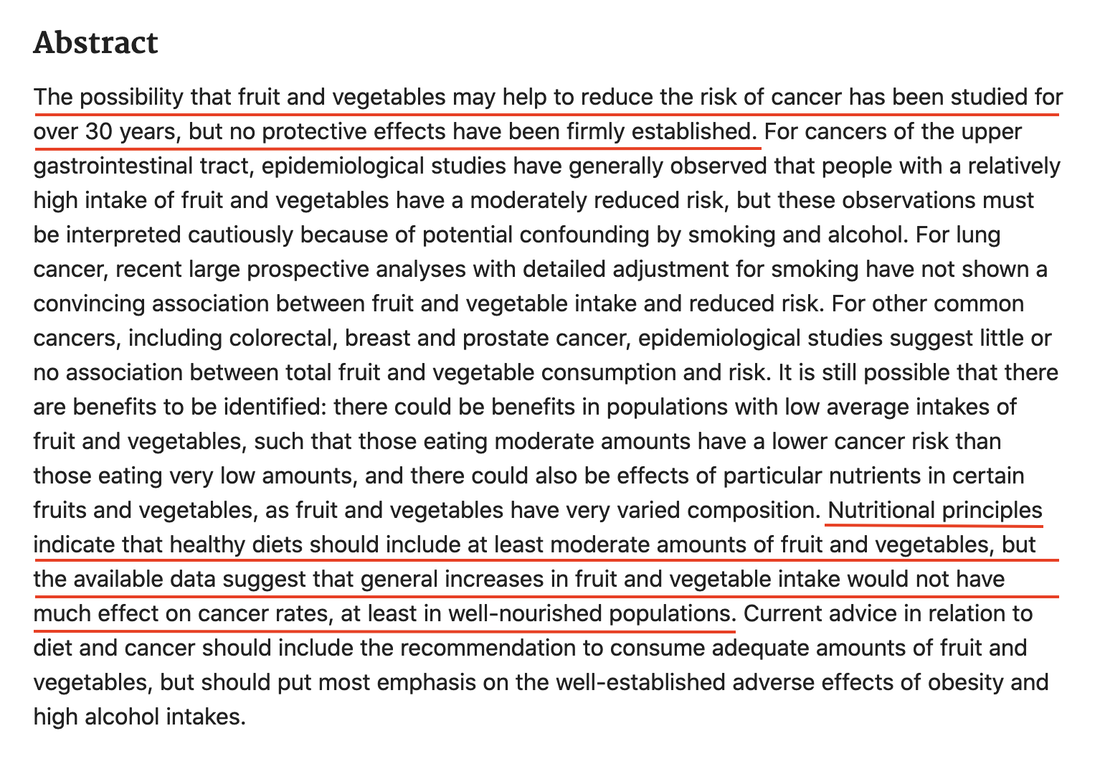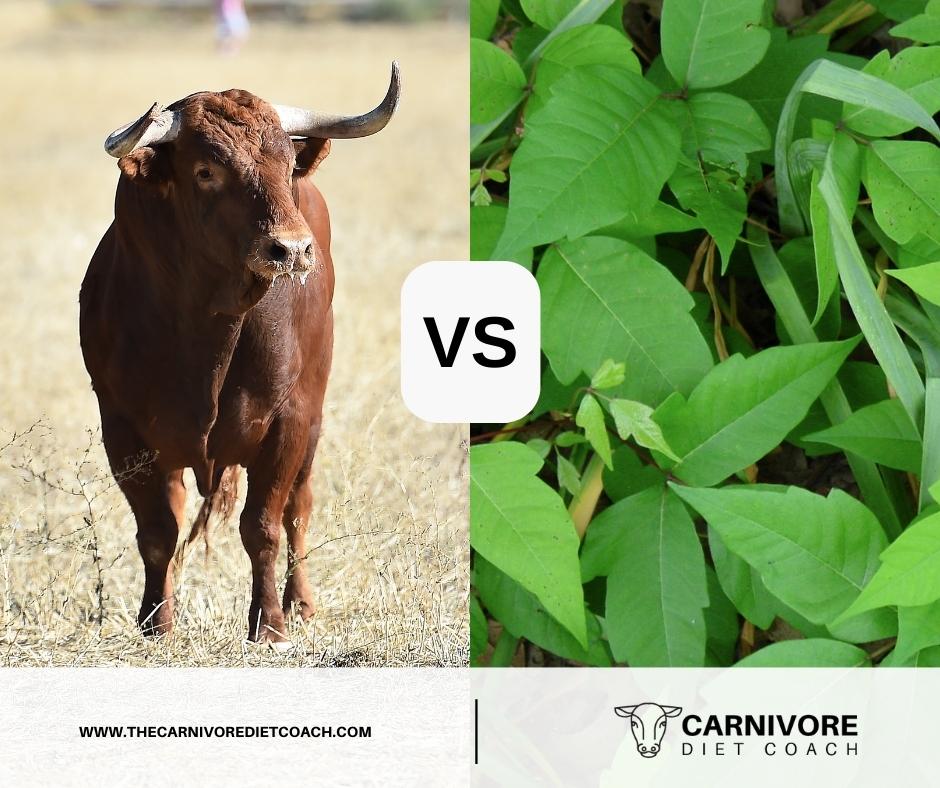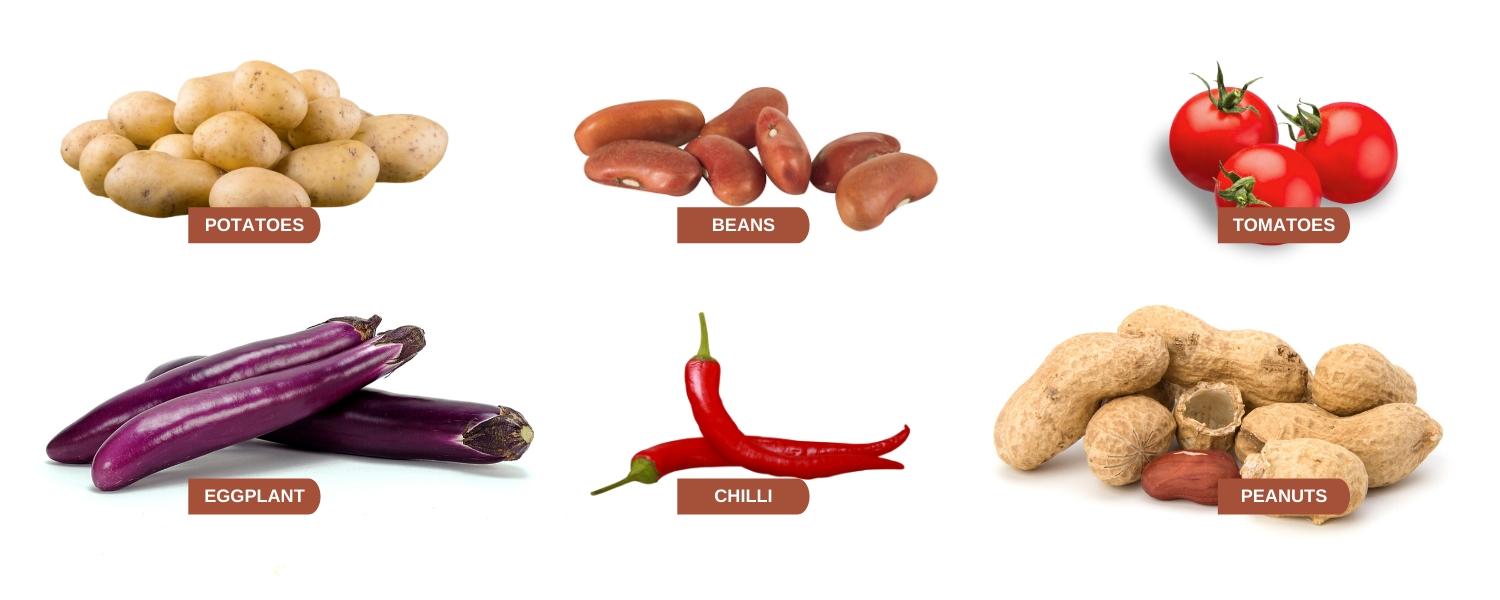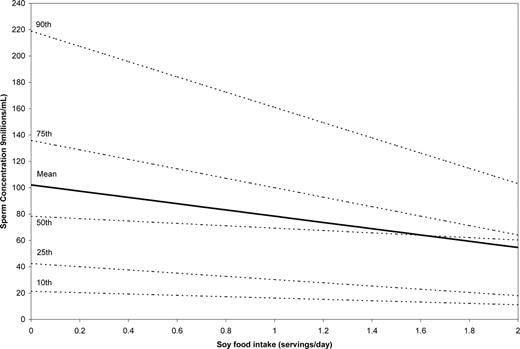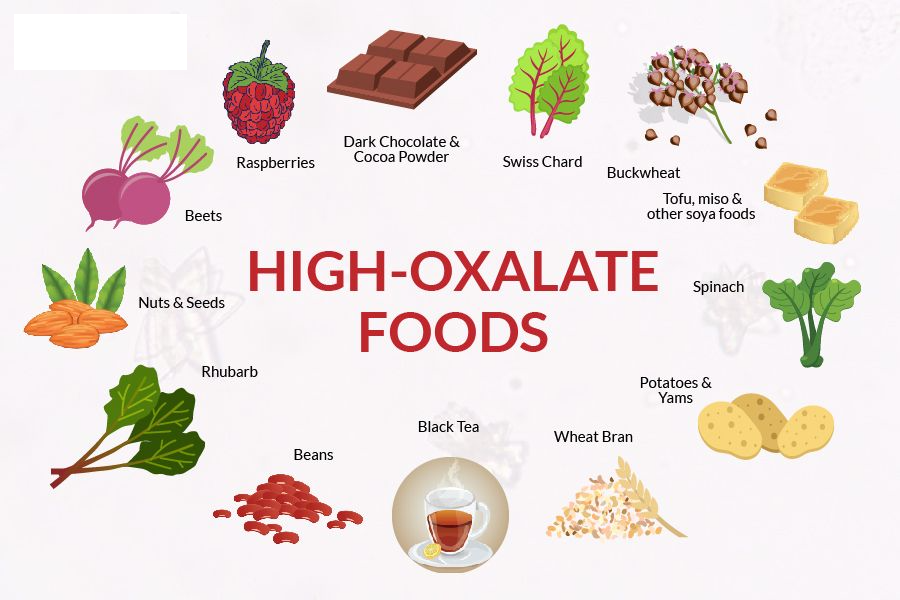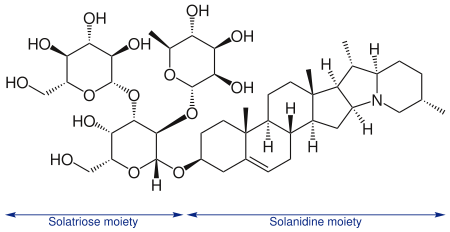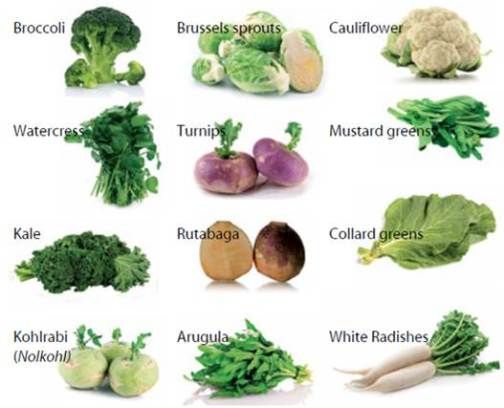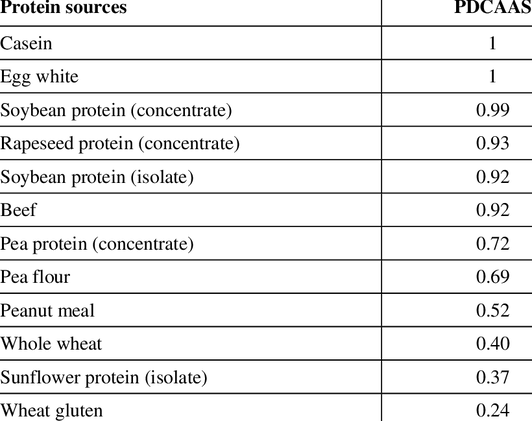PLANT TOXINS & HOW THEY HARM US
The rise in veganism and vegetarianism has left many people believing that a plant-based diet is the healthiest option. In reality, however, plants don't want to be eaten so, because they can't run or bite, they've developed a variety of potentially harmful toxins to ward off predators.
Whilst some plants are capable of causing death within minutes, others have a slower and less pronounced effect, mainly due to years of selective. Despite this, they still have the potential to cause long-term health problems when consumed regularly and in the context of a dysfunctional digestive system.

